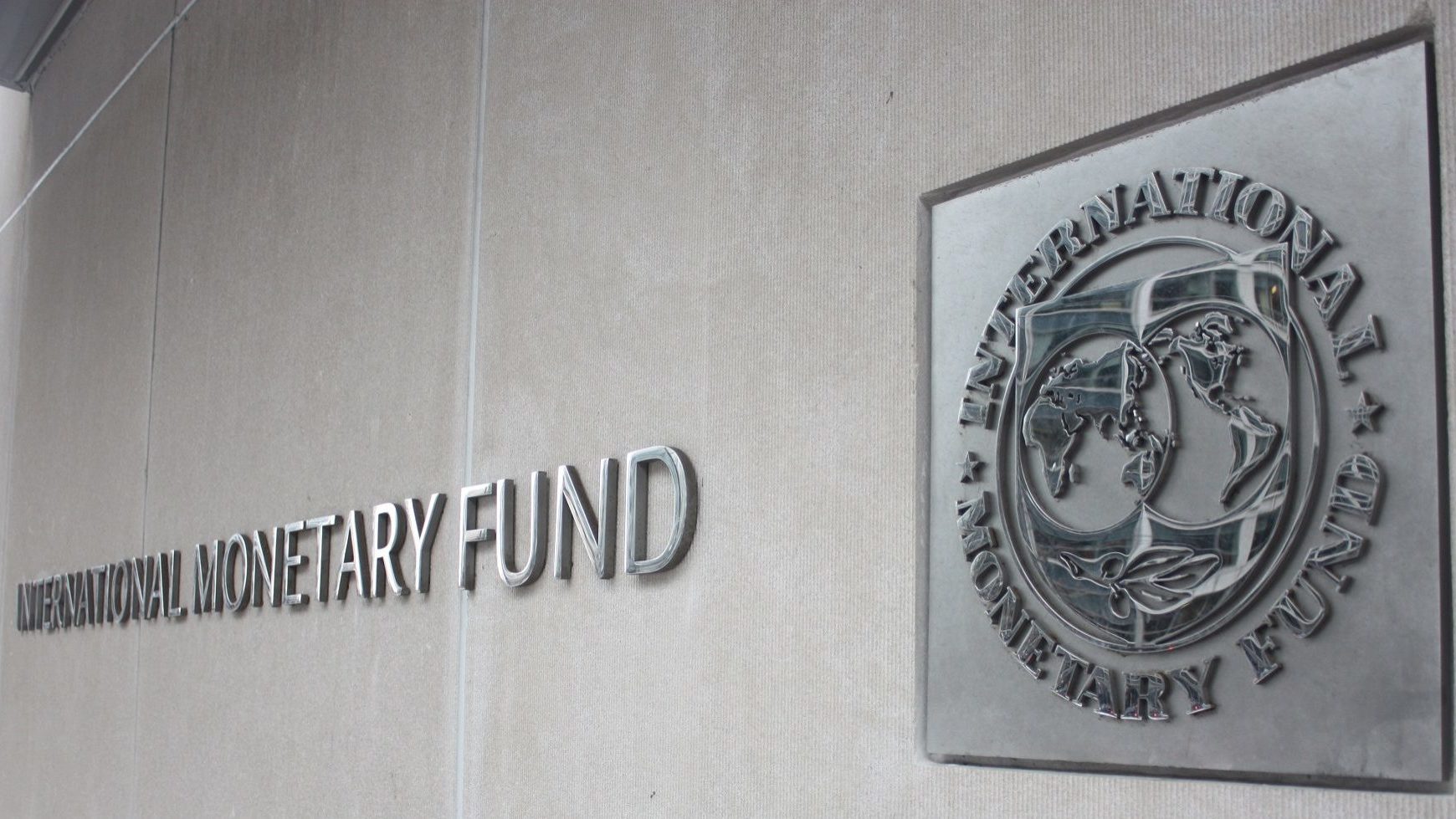Portugal among those set to lose 2% of GDP from tourism alone
According to a report by the International Monetary Fund (IMF), Portugal is among countries that are expected to see losses in its tourism sector equivalent to over 2% of GDP.
Portugal is among countries that are expected to see losses in its tourism sector equivalent to more than 2% of gross domestic product due to the Covid-19 pandemic, according to a report by the International Monetary Fund (IMF) that was released on Tuesday.
The report states that losses in tourism revenues exceeding 2% of GDP are expected to be concentrated in major tourism exporters such as Costa Rica, Egypt, Greece, Morocco, New Zealand, Portugal, Spain, Sri Lanka, Thailand and Turkey.
The data on tourism under analysis came from a study by the World Tourism Organization, which includes a scenario involving a gradual lifting of travel restrictions beginning in September that implies that 2020 tourism revenues will be 73% below 2019 levels.
For economies dependent on sectors affected by the pandemic, such as oil and tourism, or dependent on remittances, the impact of the crisis has been particularly acute, with negative effects on the current external balance of the affected countries of 2% of GDP, the IMF said, adding that this is likely to require significant economic adjustment.
Overall, the institution stresses, there will be a modest shrinkage in current account deficits and surpluses of 0.3% of total GDP, but this figure is subject to great uncertainty. It notes a deterioration in financial market sentiment at the start of the crisis has triggered a sudden reversal of capital flows and currency depreciation in several emerging and developing economies, while reserves of hard currency have grown, reflecting their role as a safe haven in times of crisis.
In the short term, the IMF argues, policy efforts should continue to focus on providing relief and promoting economic recovery, while to adjust to the external shock, countries with flexible exchange rates should allow them to adjust when necessary.
In the medium term, it adds, the political and economic distortions that preceded the crisis may persist or worsen, implying the need for economic reforms.
In cases where excessive current account deficits in 2019 reflected larger-than-desirable budget deficits and where such imbalances persist after the crisis, medium-term fiscal consolidation would promote debt sustainability, reduce the current account gap and facilitate the accumulation of international reserves, according to the IMF.
The outlook for countries’ external positions remain highly uncertain, with significant risks, it stresses.


